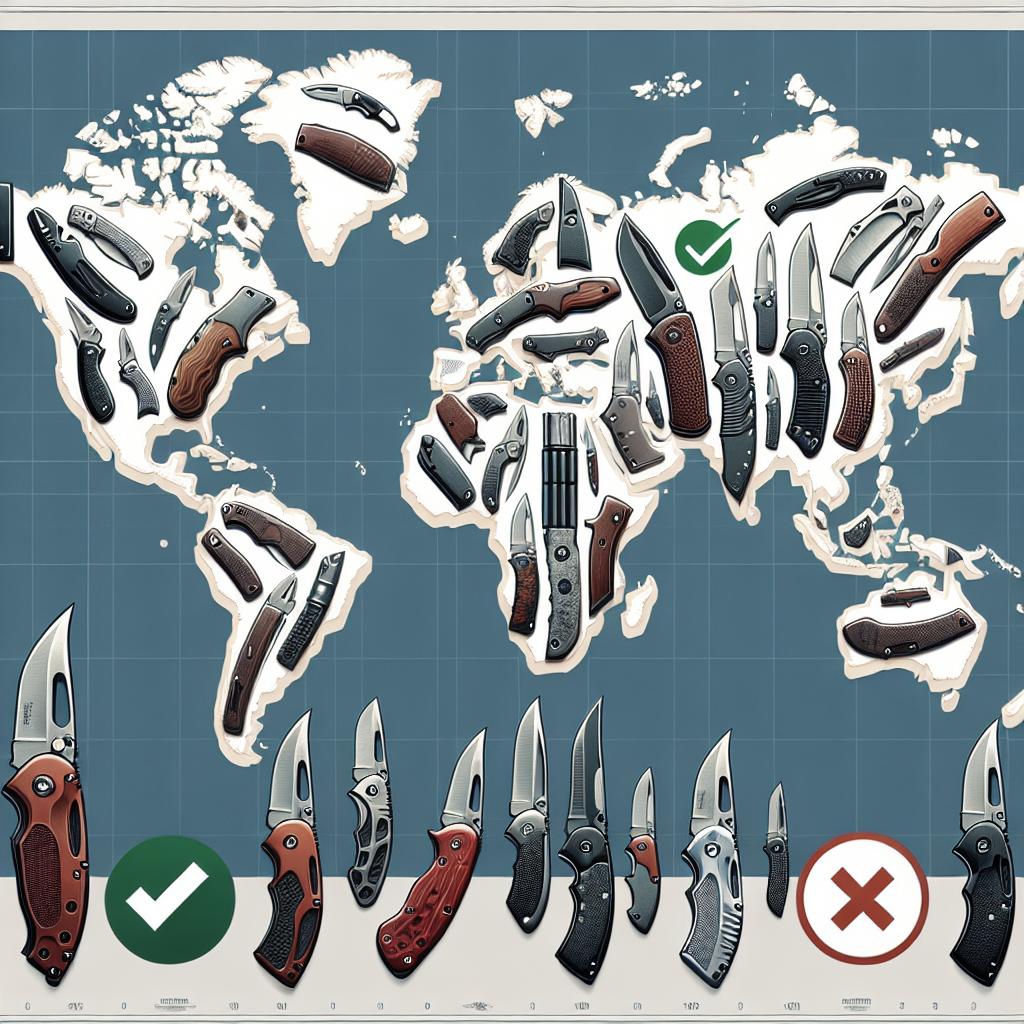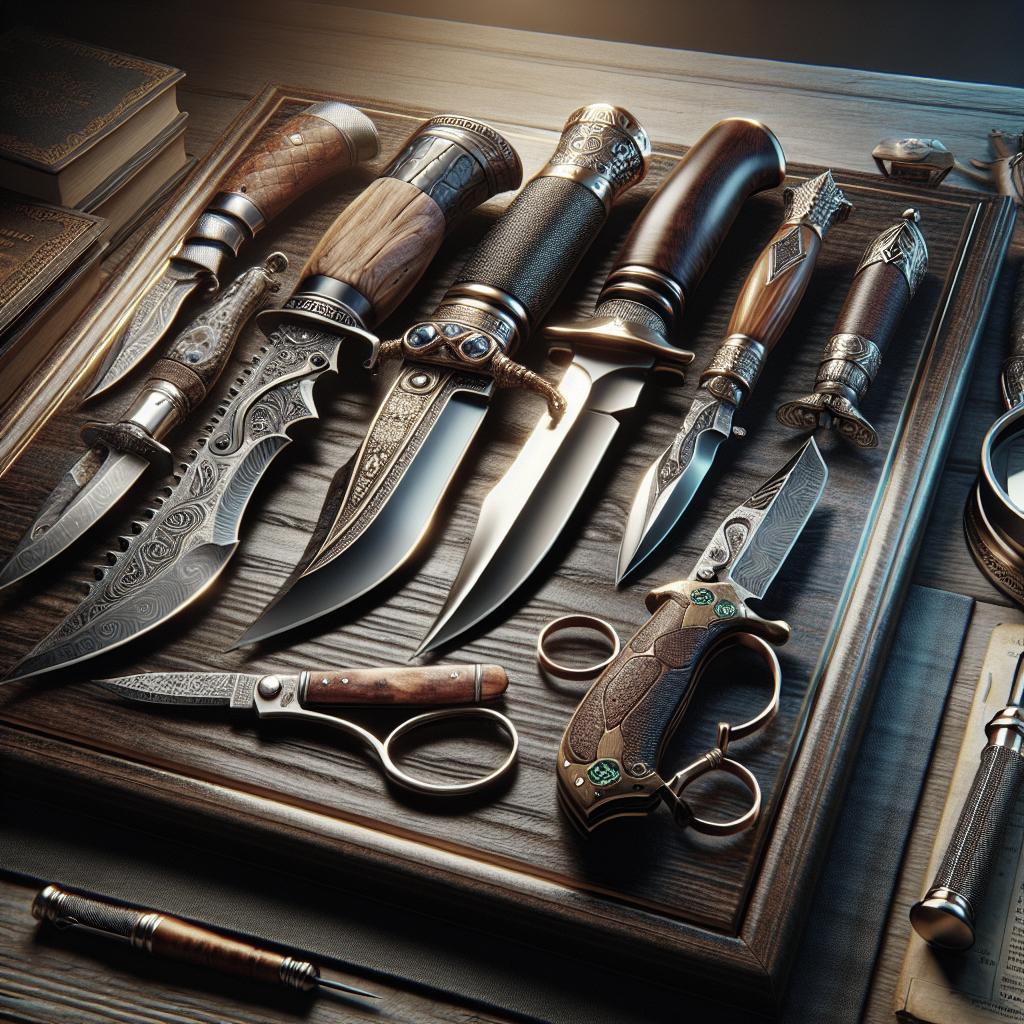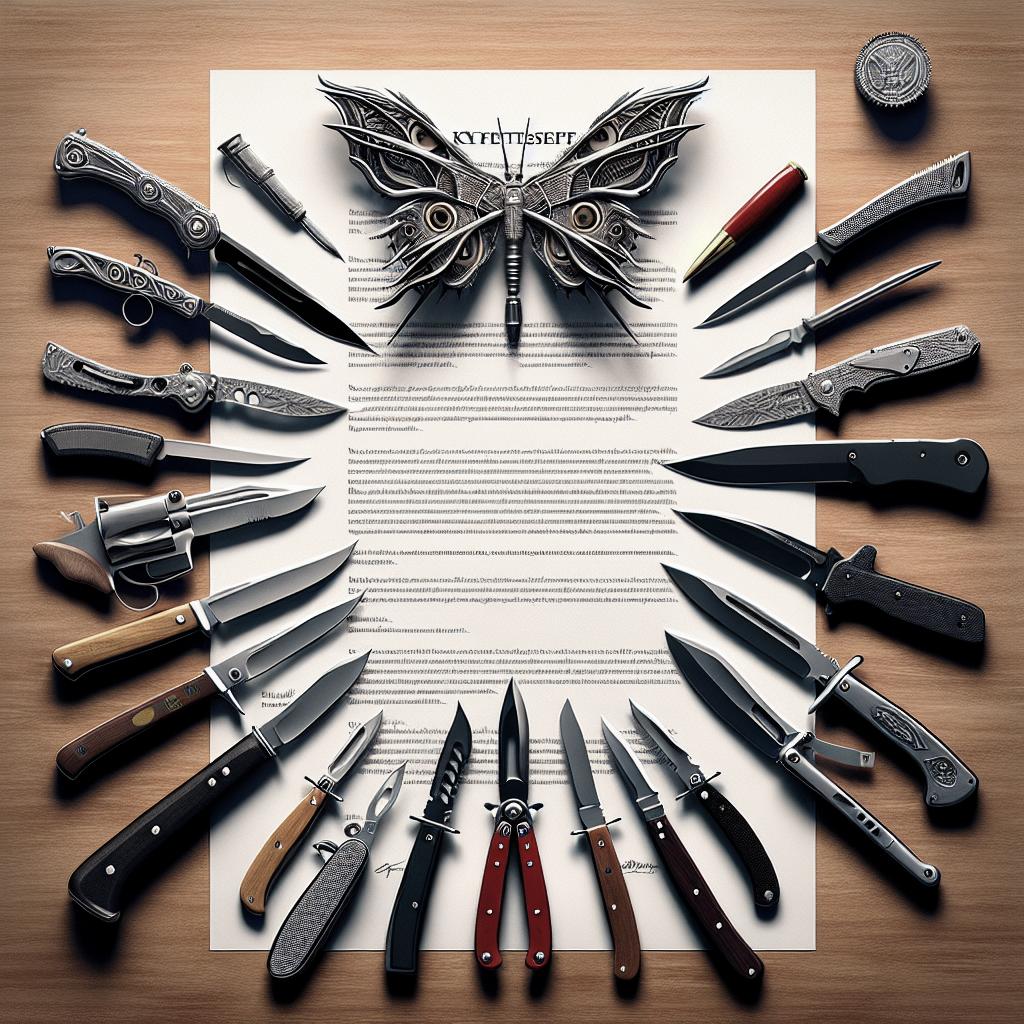Pocket Knife Legality by Region
Understanding the legality of pocket knives can be complex and varies significantly by region. In Canada, the laws governing knives are particularly nuanced, with certain types being legal for carry and use, while others are strictly prohibited. This article provides a detailed exploration of Canadian knife laws, specifically focusing on folding knives. We’ll cross-examine different types of folding knives, discuss import regulations, and provide insights on legal carry guidelines. Furthermore, we delve into the legal use of knives for specific professions, such as outdoor enthusiasts, tradespeople, and hunters. Ending with a look into the responsibilities of knife ownership, this guide aims to clarify Canadian regulations for millions of knife owners across the nation.
An Overview of Canadian Knife Laws
Canadian knife laws are embedded within broader federal restrictions, emphasizing public safety. While the criminal code does not distinctly classify knives as weapons, certain types are prohibited. Section 84 of the Criminal Code defines prohibited weapons, including automatic and gravity knives. The ambiguity often lies in the term “weapon,” which refers to the intent of causing harm to others, thus placing the burden on the nature of use rather than possession.
Provinces across Canada may also impose additional restrictions, often influenced by urban settings and crime rates. These laws are crucial for ensuring public safety and minimizing violent crime rates. Therefore, comprehending the intricacies of these laws is essential for individuals who own or use knives regularly to avoid unintended legal transgressions.
Types of Folding Knives Under Canadian Law
Which Folding Knives Are Legal?
Not all folding knives are created equally under Canadian law. Certain folding knives, such as those with a non-automated opening mechanism, are generally permissible for carry and use. Such knives include manual folding knives and other basic pocket knives whose blade length does not exceed the legal restrictions set by provincial laws. The emphasis here is on functionality without malintent.
Legal folding knives have practical applications for everyday tasks and can range in material and size, provided they don’t cross into prohibited definitions. Additionally, Swiss Army knives and multitools are typically allowed due to their utilitarian design and incapability to inflict immediate harm.
Which Folding Knives Are Prohibited?
Canada’s prohibitions cover automatic, centrifugal, and gravity knives due to their rapid deployment mechanisms. Such knives are considered dangerous and unnecessary for civilian use, leading to their ban under federal regulations. Other restrictions apply to concealability, meaning the knife must not be intentionally hidden on a person or within an item.
Push-button knives and those with a mechanism that allows for quick one-flick opening are commonly banned due to their association with offensive weaponry. If detected during import or possessed during a search, authorities are likely to confiscate these types of knives, resulting in legal ramifications for the bearer.
Importing Knives into Canada
Importing knives into Canada requires compliance with both Canada Border Services Agency (CBSA) regulations and the Criminal Code. The CBSA has specific guidelines for what constitutes a legal import. Knives that fall under the prohibited category, such as switchblades, are subjected to seizure at the border. Each imported knife is assessed individually for legality.
It is recommended to consult with customs officials or legal experts when considering importing knives commercially or personally, to navigate the labyrinth of rules. Furthermore, discrepancies between the country of origin’s regulations and Canadian laws can lead to confiscation, so understanding both is pivotal.
Legal Carry Guidelines for Folding Knives
Carrying a folding knife legally in Canada involves understanding the location, intent, and type of knife. While no federal law prohibits the mere carrying of a knife, using it aggressively or carrying it for self-defence purposes can attract legal action. Canada maintains a culture where the purpose of carrying a knife should be rooted in utility rather than defence.
It is prudent to abstain from carrying knives into restricted areas such as schools, airports, and government buildings. Furthermore, municipalities may impose their own carry restrictions. Knife owners should stay informed of both federal and local regulations, especially when traveling between jurisdictions.
Folding Knives for Specific Professions and Activities
Outdoor Enthusiasts
For outdoor enthusiasts, owning a folding knife is often a necessity rather than a luxury due to its utility feature in survival and navigation tasks. Knives used for camping, hiking, and trekking must adhere to legal guidelines, designed for non-hostile survival needs. Legal blades can assist with shelter building, cooking, and protection against wildlife.
Always opting for knives with manual operation and coupled with knowledge of local wildlife protection laws ensure the legality of these tools in outdoor settings. Maintenance and proper storage are also emphasized to align with responsible ownership.
Tradespeople and Craftsmen
In professions like carpentry, culinary arts, and general repair work, folding knives serve as critical tools. They facilitate precision in cutting and trimming, which is essential for craftsmanship. Legal guidelines accommodate the need for such equipment in professional settings, provided they don’t belong to restricted categories.
For tradespeople, the emphasis is often on functionality, where the knife is an extension of their craft rather than a potential weapon. Documentation from an employer or trade association can offer additional protection and clarification in legal disputes.
Hunting and Fishing
Hunters and anglers also frequently use folding knives, often as indispensable tools for cleaning and preparing game. As with other activities, these knives must comply with legal standards for carving and cleaning tasks. Generally, folding knives for these purposes are larger with serrated edges, allowed under Canadian law.
It is important for enthusiasts to register their knives with local hunting associations and thereby stay aware of permissible uses. Adhering to these stipulations ensures that hunting and fishing align with conservation efforts and legal mandates.
The Legality and Responsibility of Folding Knife Ownership in Canada
Owning a folding knife in Canada is a responsibility rooted in understanding legal frameworks and public safety considerations. While knives can be utilities, misuse or intent to harm can transform them into illegal weapons. Consequently, education regarding which knives are permissible and their appropriate use is imperative.
Knife owners are encouraged to partake in training programs or seminars provided by local law enforcement and knife associations to develop responsible usage habits. Whether for personal or professional use, aligning intent with regulation ensures compliance and safety.
Read More
For those looking to dive deeper into specific provinces’ legislation or intricate details about knife classifications, certain online resources and legal advisory services specialize in these matters. Exploring forums and communities dedicated to knife enthusiasts can also provide informal insights and updates on regional knife legality.
Keeping abreast of changes in legislation and engaging with national knife associations can provide continuous updates and support. As regulations evolve, so do the interpretations and implications on knife ownership, emphasizing the importance of ongoing education.
Future Prospects
| Category | Details |
|---|---|
| An Overview of Canadian Knife Laws | Federal and provincial regulations emphasize public safety; intent defines weapon classification. |
| Types of Folding Knives | Legal: Manual pocket knives. Illegal: Automatic and concealability-based. |
| Importing Knives | Strict CBSA and Criminal Code compliance; avoid importing prohibited types. |
| Legal Carry Guidelines | No federal carry prohibition; intent and location sensitive, like schools prohibited. |
| Folding Knives for Specific Professions | Outdoor, trade, hunting aligned with practical needs under compliance. |
| Ownership Responsibility | Focus on informed, safe usage and alignment with regulatory standards. |


